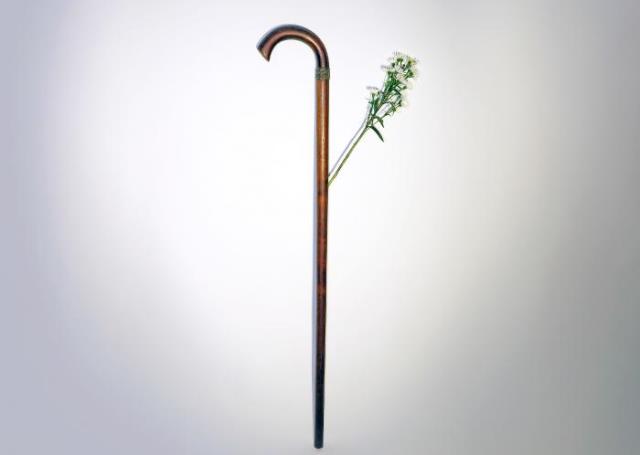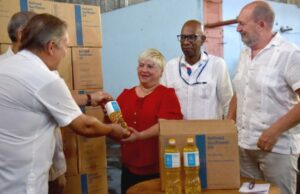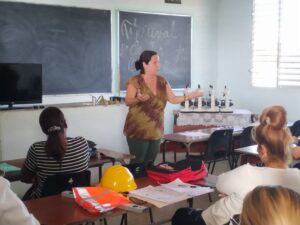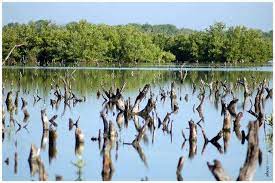The 1st World Congress of Poets for Peace and Life on Earth – as part of the 6th International Conference for the Balance of the World – will focus on this theme.
The challenges of these times are the same as ever, and no. Although human nature has gravitated throughout its history around similar conflicts, desires, questions, there are particularities of today that make the word, and especially poetry, especially necessary.
How can we survive without this powerful tool in a world in which a kind of learned hopelessness has been enthroned and where the abuse of communication in networks has almost become institutionalised to the detriment of human bonds?
The 1st World Congress of Poets for Peace and Life on Earth, part of the 6th International Conference for the Balance of the World, seeks to articulate good will and defend literature as expression and action.
This is an event of our ideology, that of Bolívar, of Martí, of Fidel, recalled the poet Miguel Barnet, winner of the National Prize for Literature, in his opening remarks, and affirmed that if Cuba is prepared for peace, it is «because we have been preparing for war for 65 years».
Reflecting on his profession, Barnet said that «the poet is also an alchemist»; poetry saves us or restores us, he said, adding that poetry is always a journey, a turning point, a vital exercise: «To write poetry is to write oneself». Without a conscious relationship between the word and the idea, there will be no poetry, he recalled.
At the opening of the conclave – which was attended, among other authorities and personalities, by the heads of Culture of Cuba and Venezuela, Alpidio Alonso and Ernesto Villegas, respectively – the poet and editor, director of the CubaPoesía Cultural Centre and Colección Sur, Alex Pausides, insisted that the word is a conquest that can hardly be annulled, and urged the creators gathered there to write a line, a stanza, in that great poem that is the struggle. «We aspire to salvation through poetry», he declared.
PROVIDE A SPACE OF BEAUTY
More than 70 artists and intellectuals, some 55 from around 20 foreign countries, are taking part in this Congress, which on its first day focused on thematic universes such as Poetry and vocation of service, The militias of beauty, Spirituality and resistance, and Changing life, transforming the world.
Among the ideas defended were the importance of teaching and stimulating the reading and writing of poetry at an early age in order to develop creativity, reading comprehension and oral expression, and also to form sensitivity and empathy.
They also spoke about the urgency of reconsidering pedagogical practices, and ensuring that aesthetic thinking is positioned in them and that space is given to beauty. In the words of the Chilean poet, teacher and researcher Edith María Tapia Espinosa, it is a question of seeking that «spell that causes us to short-circuit» and, paraphrasing Violeta Parra, «that young people feel that the cages are opening to fly like birds».
That the poet is a critical conscience of his or her society and that poetry, with its truth and beauty, stigmatises violence, as well as breaking down borders and humanising, were other messages put forward on the day, whose programme included an artistic moment to ratify solidarity with the Palestinian people and their cause.
In a message sent to the Congress, Murad Al Sudani, secretary general of the General Union of Palestinian Writers and Authors, said they appreciate and are proud of the «voices reaching to the skies in defence of truth and goodness. Palestinian writers in Gaza continue to write their creativity with the henna of their blood, exposing the narrative of the Zionist occupation and affirming their ability to live and cope. He who writes, resists, and he who resists, wins».




